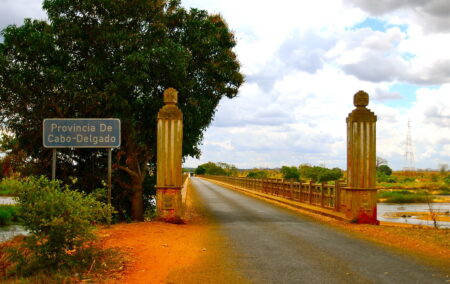Islamist militants have killed more than 52 people in northern Mozambique, according to police.
The BBC reported that police said that the villagers in Cabo Delgado province were ‘massacred’ – some beheaded, others shot – after some people refused to be recruited into the militant group.
Hundreds have been killed and thousands displaced during the three-year insurgency in Cabo Delgado. No group has admitted being behind the attack. The Islamic State Central Africa Province (Iscap), affiliated with the Islamic State group, has said it was behind some previous attacks in Mozambique.
A militant group calling itself al-Shabab operates in the area and in March briefly seized control of the town of Mocimboa de Praia. It is unclear whether it is linked to the significantly larger Somali movement al-Shabab.
In 2015, poor young men, many of them itinerant street traders in Mocimboa da Praia, formed small groups and began to organise around a rudimentary form of Islamic fundamentalism.
They blamed both the mosques and the Mozambican state for their plight, and decided to challenge both.
Groups marched into local mosques wearing shoes and carrying knives as an intentional sign of disrespect to what they saw as ‘degenerate Islam’. Local people called them ‘al-Shabab’, ‘youth’ or just ‘the Shababs’.
The small cells found allies among ivory, timber, heroin and ruby smugglers. Smuggling barons incorporated them into their networks and paid them well.
Using income made from smuggling, religious networks, and people-traffickers, the extremist cells paid to send young men to Tanzania, Kenya and Somalia for military and Islamic training. The income also helped bring radical clerics to Mozambique.

